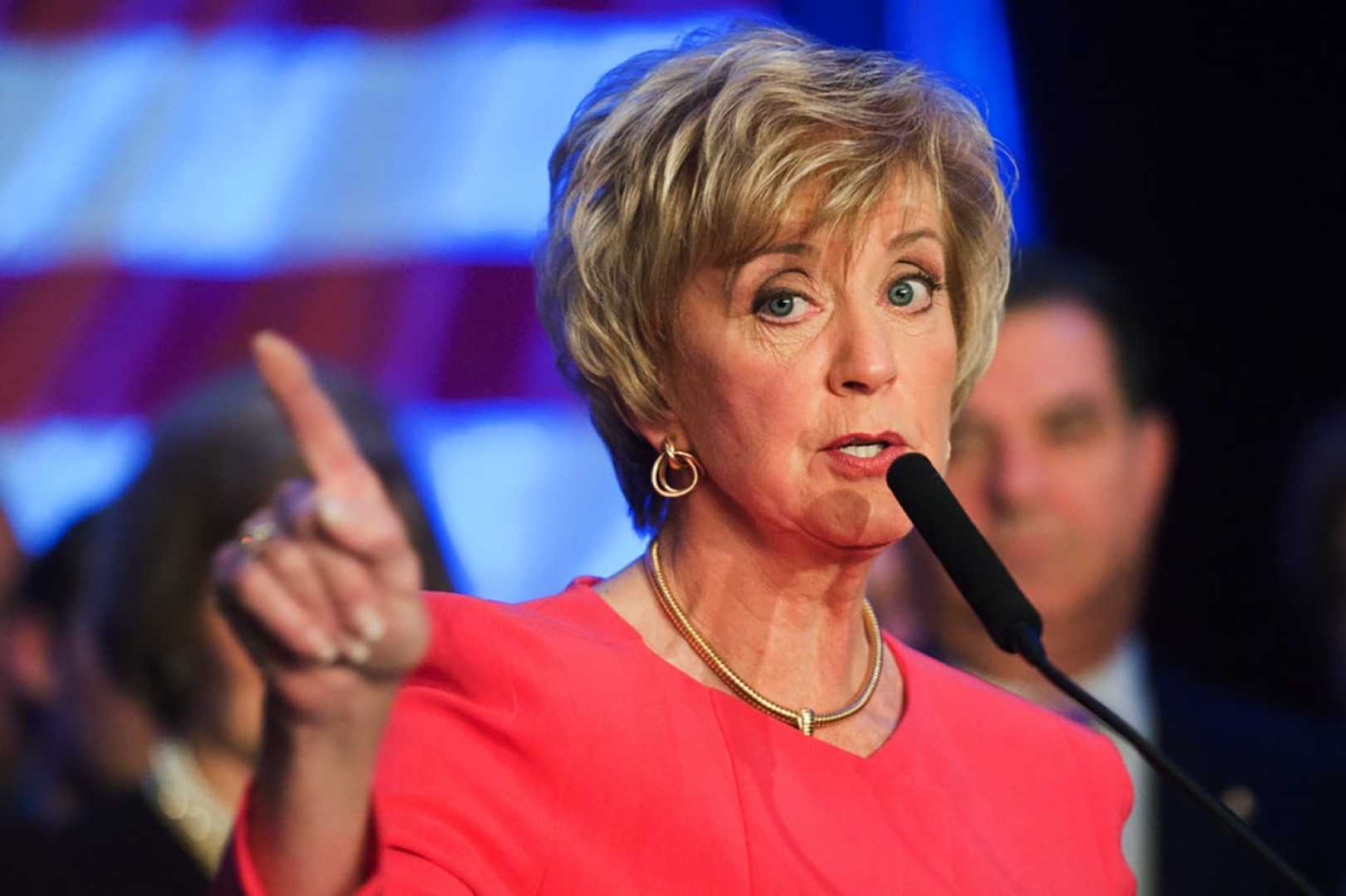Education
Harvard Student Challenges Education Secretary to Cage Match Over Funding

CAMBRIDGE, Mass. — A Harvard student recently proposed a unique challenge to Secretary of Education Linda E. McMahon: a televised cage match over the future of federal funding for education. Yona T. Sperling-Milner, an Associate Editorial Editor at Harvard, expressed her frustration with the administration’s approach to dealing with federal pressures in a satirical opinion piece.
Sperling-Milner’s comments come amid ongoing tensions between universities and the current administration. She suggested that McMahon’s past as a WWE executive signifies her familiarity with conflict, making a sports-themed challenge a fitting way to address serious issues concerning educational funding and bias against Jewish students.
“I propose an alternate strategy: let’s settle this like biological women: knock-down, TKO, cage match,” Sperling-Milner wrote, humorously referencing her choice of backup in the imaginary bout. She called for a contest in the name of the nearly $2.7 billion in federal grants that could impact educational institutions nationwide.
The provocation comes as institutions like Harvard navigate challenges related to public perception and policies surrounding anti-Semitism and academic funding. Critics argue that universities are sacrificing educational integrity for financial survival.
“We don’t need to indulge this ridiculous collective punishment,” Sperling-Milner remarked, referring to funding cuts that disproportionately affect certain departments and student organizations at Harvard and nationwide.
While she acknowledges the absurdity of her proposal, she argues for a necessary conversation about funding and representation in education. “Cut the nonsense. If you want to make us bleed, then why not just throw a chair at us?” she concluded, underscoring the urgency behind these discussions
This satirical approach highlights not only the frustrations felt by students but also the broader implications of educational policy driven by political agendas.












